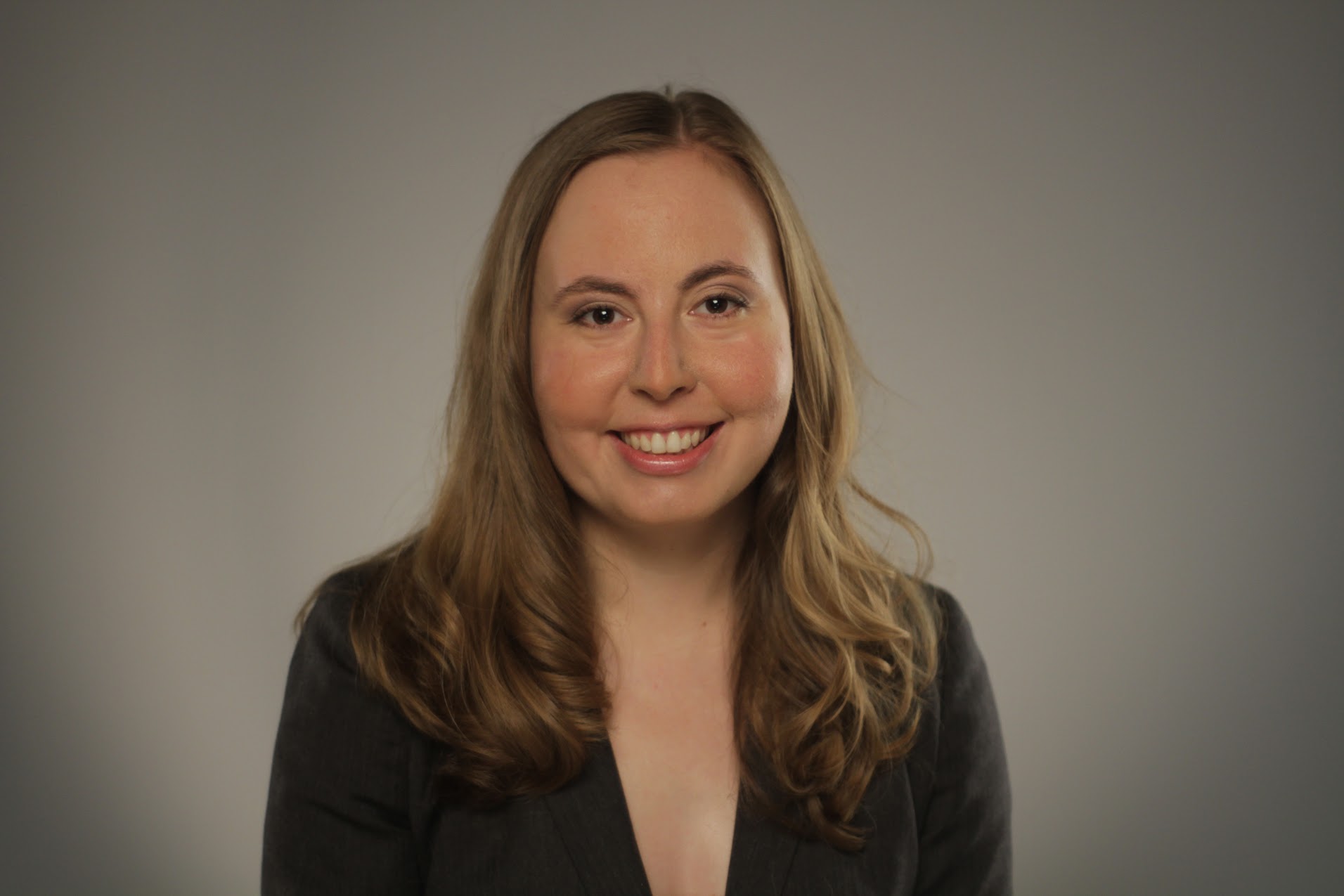A Foster Mom Tells Us What It's Really Like

By:
According to the U.S. Department of Health and Human Services, as of 2015 there were "an estimated 427,910 children in foster care."
 Ruth Hartnup/Flickr - flic.kr
Ruth Hartnup/Flickr - flic.kr
Emma Thomas is someone who is keenly aware of this. She's a foster parent.

"I remember seeing an ad on a subway once that said, 'You Don't Have to be Perfect to be a Perfect Parent.' It was a foster care recruitment ad," Thomas wrote in a Facebook post on Monday. "But if you're a foster parent you also can't slack."
As she further explains, "to become a foster parent in all states, you have to complete a training course (how many hours it is varies by state, in mine it was 40 hours). You also have to pass a home inspection, and an interview with a social worker."
Once Thomas secured her license to be a foster parent, she was put on a list. "[A]nd then you wait for THE CALL," she writes. "There's a high level of anticipation here, because it could happen at any moment. It could be days, it would be weeks, it could be an hour." This call is to let her know who she will be taking in, and when. The ages vary. Sometimes it's a young child, sometimes it's even a newborn.
There are many different reasons why a child would be in foster care. "The opioid crisis has increased the number of children in foster care," Thomas writes, "but drugs are not the only reason for removal." The ultimate goal for most children in foster care is reunification, in which the child returns to their birth parents.
ATTN: asked Thomas what it's like to be a foster parent, along with some of the most common questions foster parents are asked, and what the biggest misconceptions are about the process.
ATTN: What do you think is the biggest misconception people have about foster parents and foster parenting?
Thomas: I do think the largest misconception is that foster parents are making money by taking in foster children. That story just doesn’t make sense if you look at the day rate. Every region is different, and the amounts do vary widely…I’ve heard as little as $12/day, and as much as $30/day. The age of the child also impacts the amount received; a teenager has a higher stipend than a baby. Children who have special needs typically receive a higher stipend. It’s all very formulaic. The state or agency presumably looks at things like cost of living.
The truth of the matter is, foster care is bureaucracy, and they have a set amount of money available to make as large an impact as possible. They have to use a formula. And that formula isn't designed to make foster parents money.
There are so many expenses when parenting, and the majority of foster parents I know aren’t breaking even. I suppose someone could take a foster child into their home, ignore them totally, and keep the money, but…you’re bringing the child to constant appointments, social workers are visiting your home regularly, etc. It would be so difficult to make money from being a foster parent. Yet, the atypical situations are the ones that get media attention, which just perpetuates the myth. Television and movies are also problematic, writers tend to make assumptions without doing research.
I have actually had people say to me, "well, at least you get paid a lot," as an awkward response to learning that I’m a foster parent as opposed to a biological or adoptive parent.
ATTN: What do you say to people who say "it would be too hard for me to be a foster parent"? It's must be hard for you, too.
Thomas: I hear all the time, "oh, I couldn’t be a foster parent, I couldn’t say goodbye, it would break my heart." Which, yes, of course it’s devastating. The first foster child I had in my home, she wasn’t even there for two weeks, but I still think about her. You have to enter the process with a certain mindset. If everyone decided it was too hard, these kids wouldn’t have anywhere to go. In fact, that is a problem in many states…there’s such a shortage of foster homes, the children end up temporarily sleeping in DCFS (Los Angeles County Department of Children and Family Services) offices, or the state is forced to allow their current foster homes to be over-capacity. Someone needs to do this, so why shouldn’t it be me?
There are challenges, yes, but there’s a lot of joy in it too. You get to really see a child grow, you get to feel like you’re making a major impact in someone’s life.
What rubs me the wrong way is when someone calls me a "saint" and says that they "couldn’t do it." Because, the truth of the matter is, all different kinds of people are foster parents.
I’m not saying it’s easy. You lose your privacy, your past and present is fair game, you suddenly have a stranger living in your home, your whole life changes. I completely understand that it’s not for everyone. I don’t have a magical ability to make it easy. It’s difficult for me too.
ATTN: Why did you decide to become a foster parent?
Thomas: I’ve been interested in child welfare since I was a teenager; I read a lot of Torey Hayden growing up. I majored in psychology in college, and I’ve worked with children with special needs. I felt prepared…I wasn’t, but I felt that way.
I also volunteered with a really great non-profit in Massachusetts called Horizons for Homeless Children. And, I was inspired by the fact that the kids were facing some of the same socio-economic issues that many children in foster care have dealt with. Those kids were such an important part of my week; they were devilish, and sweet, and smart.
I don’t work with children in my current career. I wanted to have a larger impact than volunteering allowed, and if I wasn’t going to do that professionally, I wanted to do it on a personal level.
There’s a lot of surprise around that fact that I’m "so young," even though I’m in my late-twenties. A lot of people my age already have biological children. Many of the foster parents I know are in their twenties. It’s not the most common age-range, but we’re out there.
ATTN: What do you say to people who don't understand why you can't adopt every child you foster?
Thomas: There’s a lot of confusion around what foster care entails. People are constantly asking me when I’ll get to adopt my foster daughter. That’s not the goal of foster care. The majority of the time the goal is reunification. Most foster children will go home within the first year of coming into care.
When I try to explain that to people, I often get the follow-up question, 'well, if she becomes available for adoption, will you adopt her?' Which is such a personal question, I’m shocked so many strangers feel comfortable asking me.
It’s much more complex than a simple yes/no question.
The Adoption and Safe Families Act (ASFA) technically requires all states to file for termination of parental rights if a foster child has been in care for 15 out of the last 22 months. But, a lot of states don’t abide by that regulation, due to issues with the court system, inability to provide mandated resources to biological parents, etc.
If the judge does terminate rights, an appropriate kinship (relative) placement would take priority over me.
You can adopt from foster care. In most states you would register interest as a foster-to-adopt parent. There are over 100,000 foster children who are legally free. Adoption from foster care tends to be subsidized. adoptuskids.org is a good resource for people interested in this route.
I didn’t enter foster care to become an adoptive parent. I chose to become a foster parent. I expect all of my foster children to go home; I have to anticipate saying goodbye. And yes, it’s hard. But reunification is the goal from the beginning.
ATTN: What do you wish more people knew about foster kids?
Thomas: I wish that there was a broader understanding that foster kids are ultimately just children. They may come from a more complicated background than your own child, and they may have issues that they’re dealing with, but at the end of the day they’re kids. They should be treated with the same respect as any child.
